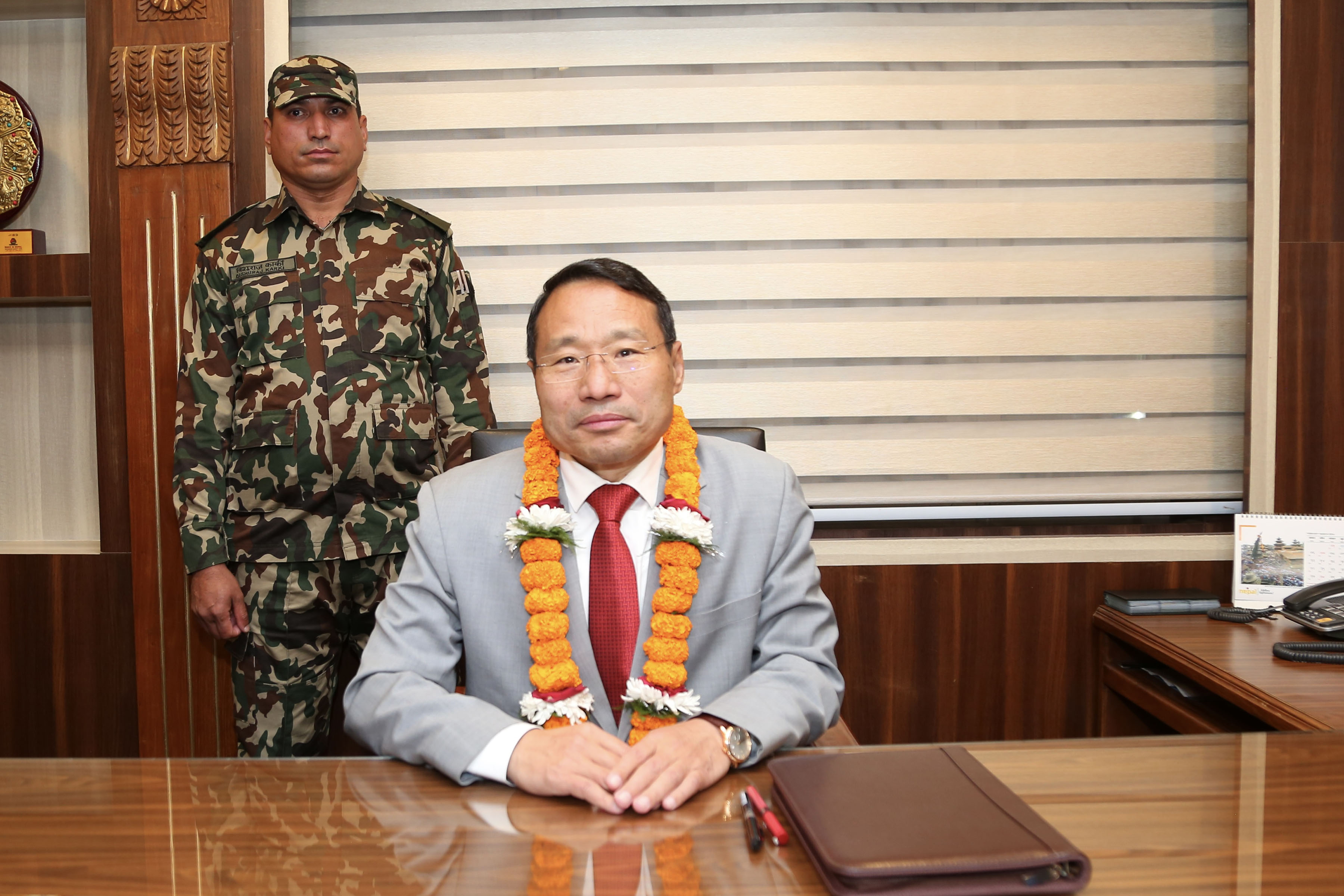Pre-budget discussion to be held three months in advance
KATHMANDU, Jan 24: The government has introduced an ordinance requiring authorities to discuss the principles and priorities of the budget (pre-budget) three months before presenting the budget in each fiscal year. On the recommendation of the government, the Fiscal Procedures and Financial Responsibility Ordinance (First Amendment) 2080 BS was issued by the President on Wednesday, January 18.
The Ordinance has amended some sections of the Financial Procedures and Financial Responsibility Act, 2076 BS. It has made a mandatory arrangement to hold pre-budget discussion in the winter session.
Section 11(1) of the Act has been amended, replacing "15 days before" with "three months before”. Previously, in Section 11 of the Act, it was stated that the Minister of Finance should present to the Federal Parliament, at least 15 days before the submission of the Appropriation Bill, the principles of the government's budget and programs included in the Appropriation Bill and the priorities of the projects or programs for each fiscal year.
End of Budget Session: Will the ‘mini parliaments’ be active?

Similarly, Section 11(2) has been amended to replace "within seven days" with "within Chaitra 15 (March 28). From which it has now been arranged that the matters raised in parliament during the pre-budget discussion should be sent to the Ministry of Finance within March 28.
Previously, Section 11(2) of the Act allowed the Federal Parliament to hold a theoretical discussion on the principles and priorities of the budget and programs (pre-budget). If necessary, suggestions or instructions related to it could be given within seven days and sent to the Ministry of Finance.
Furthermore, Section 11(4) now stipulates that necessary consultation with relevant experts or stakeholders should be completed by mid-February, regarding priorities.
The earlier Act did not specify a time limit. In Section 11(4) of the Act, it was mentioned that before the Ministry of Finance prepares the estimate of income and expenditure for the next financial year, it should consult the relevant experts or stakeholders regarding the principles and priorities of the budget and programs to be submitted to the Federal Parliament.
In Section 7(1) of the Act, it was stipulated that the National Planning Commission in coordination with the Ministry of Finance should estimate the resources available in the next three years and the limit of expenses to be incurred for the purpose of formulating the medium-term expenditure structure and the budget and program for the next fiscal year by January 29 of the current fiscal year. The date January 29 has been revised to mid-February.
Now, the provision states that the report on the estimation of resources and expenditure limits must be submitted to the Minister of Finance within February 19 every year.
Additionally, in Section 65(2) and (3), the words "Ministry of Finance" or "Comptroller General's Office" have been substituted with the words "Comptroller General's Office." Section 6(52) mentions that the Government of Nepal can make necessary rules, while the Comptroller General's Office can make technical guidance, procedures, guidelines, and directives, subject to the rules made in this way, and it will be implemented after approval by the government.






































